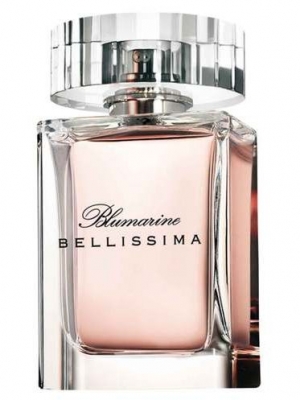My Italian Word of the Week - Lupo (n. wolf)
/Lupo
n. wolf from Word Reference
Welcome to this week's installment of IWOW.
You might be wondering why I picked a straightforward noun--an animal of all things--as this week's Italian word. Honestly, I did it because it provides the perfect segway for me to plug my new release, Delicious Delay. No, said book is not a shifter romance (though I do have one bouncing around in my head, threatening to break free). However, in case anyone out there is wondering, the Italian words for "werewolf" are licantropo and lupo mannaro (yes, I have a vampire edition of this post planned for the not too distant future).
It's always a relief for students to find idioms that exist in both English and Italian. Gridare al lupo (id. to cry wolf; to raise a false alarm), lupo vestito da agnello (id. wolf in sheep's clothing) and chi si pecora fa, il lupo se la mangia (id. those who make themselves sheep will be eaten by the wolf) are great examples.
And here comes the segway. Italians (or so my teacher told me) are superstitious. As such, they would rarely say "Buona fortuna." Instead, they prefer to use "In bocca al lupo" (lit. in the mouth of the wolf) whenever they want to wish anyone good luck, to which the person would respond "Crepi il lupo" (lit. the wolf dies). Since my new book releases tomorrow, I'm need quite a bit of luck, so I'll go ahead and say this a few more times to myself.
Disclaimer: I am writing this as a student of Italian. If there is anyone out there who would like to add to or correct my post, please leave a comment. This is a learning process for me as well.





